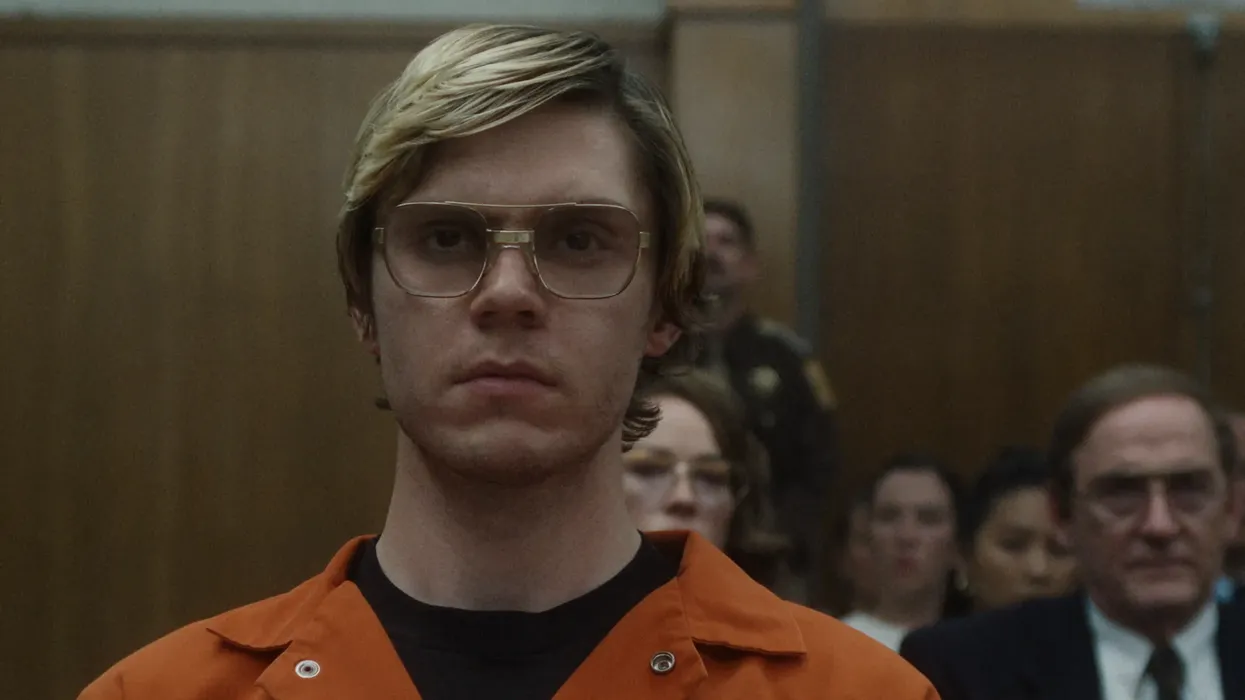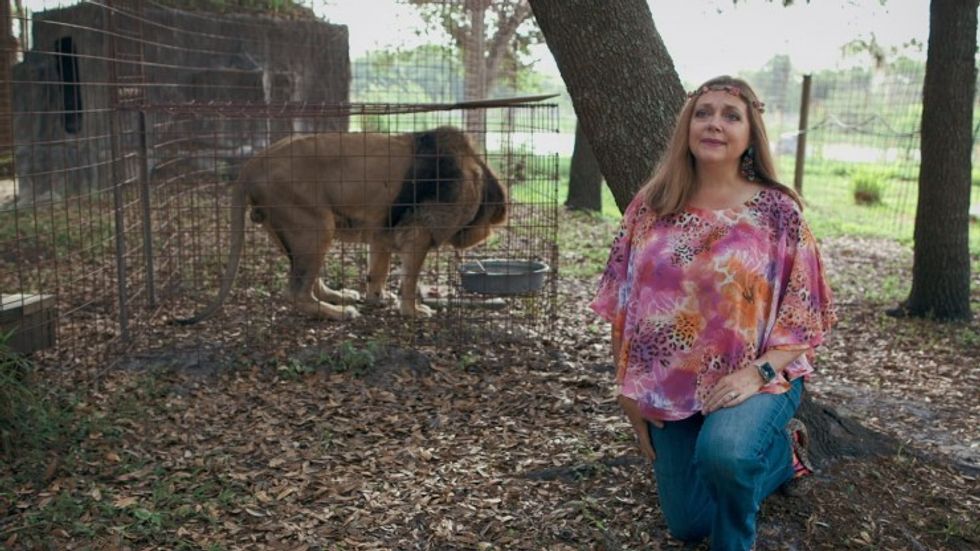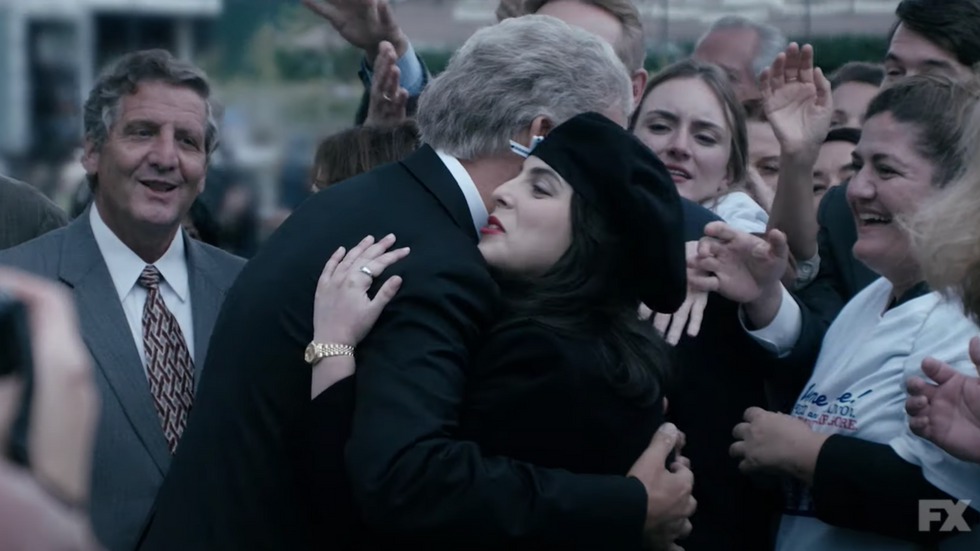
Fellini began his career as a screenwriter in the early 1940s, eventually writing for Italian neorealist filmmaker Roberto Rossellini -- ironic considering the direction in which he took his own films. His work is characterized by their fantastical nature and use of "The Fool" as his protagonist -- stylistic choices that weren't well received in his own country, which was, at the time, in the throes of the neorealistic movement.
His films have become iconic, La Strada (1954), La Dolce Vita (1960), and Amarcord (1973) to name just a few, and have inspired a great number of great filmmakers, including Martin Scorsese. Below is a video of an early interview between Scorsese and Charlie Rose in which the two discuss Fellini's influence on the Mean Streets filmmaker:
As usual, Cinephilia and Beyond has shared some excellent material on Fellini -- an 1972 interview with Fellini entitled The Secret World of Federico Fellini. In it, the director explains his cinematic style, but also touches on something about his aesthetic that is so poignant and uncharacteristically forthright. When asked what fascinates him so much about "beauty" and "ugliness," Fellini replies:
That is a moralistic point of view. For me, the judgement is not that -- vulgarity or beauty -- from an aesthetic point of view -- things from a modern point of view it's very vulgar. From an aesthetic point of view, if he is a creator expressing himself with hands and [visionality] they appear beautiful.
Maybe reading what he said isn't the best way to grasp his point, but you can see and hear him talk about this at the 10:13 mark in the video. He goes on to explain that we as people are all "grotesque," but Fellini was a master at finding beauty in the grotesque by pulling back presuppositions and judgements in his films, and just allowing these "ugly" things to be human.
Be sure to check out Cinephilia and Beyond's post, which contains more Fellini resources, photos, and videos.
How has Federico Fellini inspired your work? What's your favorite Fellini film? Let us know in the comments.
[via Cinephilia and Beyond]














